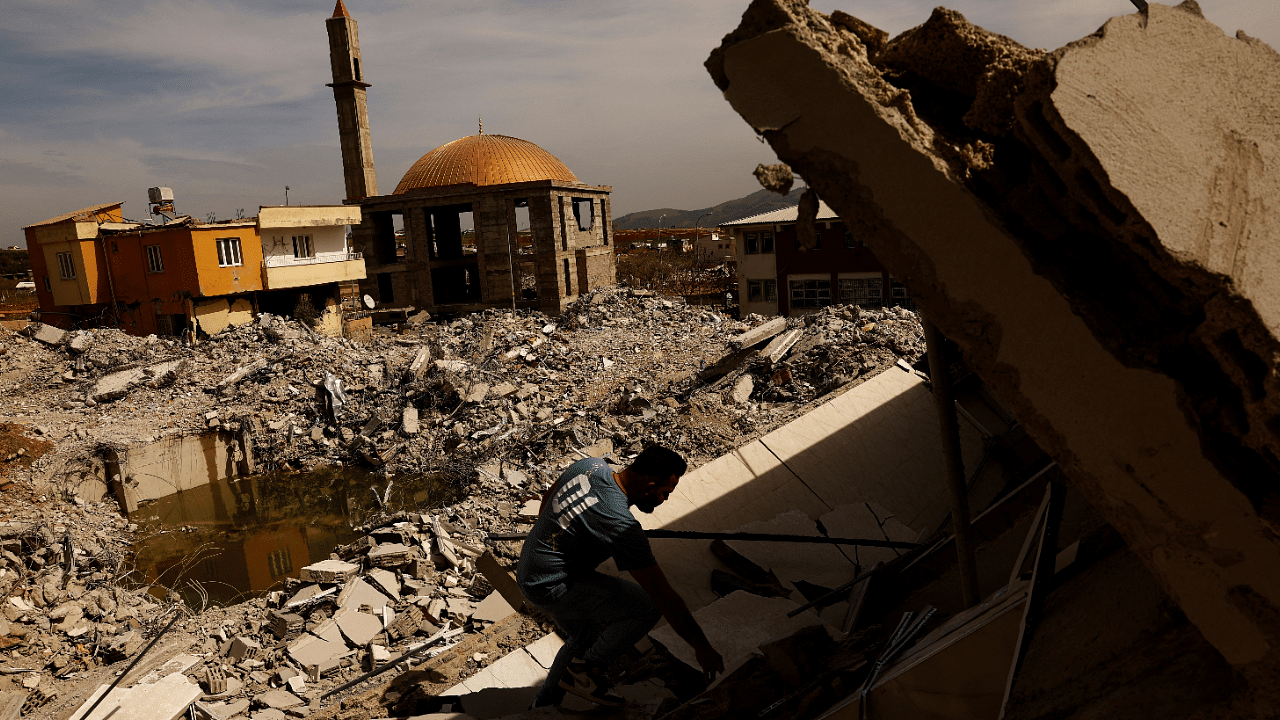
Saudi Arabia said Monday it was depositing $5 billion in Turkey's central bank, a potentially major boost as the country grapples with inflation and damage from last month's earthquake ahead of presidential elections.
Ahmed Al Khateeb, the Saudi tourism minister and board chairman of the Saudi Fund for Development, signed an agreement with Turkish central bank governor Sahap Kavcioglu "to make a significant $5 billion deposit", the Saudi government said in a statement.
"This deposit is a testament to the close cooperation and historical ties that exist between the Kingdom of Saudi Arabia and the Republic of Turkey and its brotherly people," the statement said.
The decision, which will shore up Turkey's foreign reserves and help it combat inflation, was made on the order of King Salman and Crown Prince Mohammed bin Salman, it said.
The move highlights a rapprochement between Riyadh and Ankara after ties suffered a heavy blow with the 2018 killing of Saudi journalist and government critic Jamal Khashoggi in the kingdom's Istanbul consulate.
Saudi agents killed and dismembered Khashoggi, whose remains have never been found.
Turkey angered Saudi Arabia by vigorously pursuing the case at the time, opening an investigation and briefing international media about the lurid details of the murder.
US intelligence officials believe the operation was "approved" by Prince Mohammed, though Saudi authorities deny this.
Turkish President Recep Tayyip Erdogan previously said the "highest levels" of the Saudi government ordered the killing, although he has never blamed Prince Mohammed.
Erdogan has pushed hard to revive bilateral ties, a move analysts describe as largely driven by economic considerations.
Last April, he paid his first visit to Saudi Arabia since the Khashoggi killing, where he met Prince Mohammed before travelling to Mecca.
Prince Mohammed followed with a visit to Ankara in June.
Turkey was already suffering from skyrocketing inflation and a weakening currency before last month's massive 7.8-magnitude earthquake that rocked huge swathes of the country and parts of Syria, killing more than 50,000 people.
With elections just a few months away, Erdogan must now absorb economic damage estimated at more than $34 billion by the World Bank.